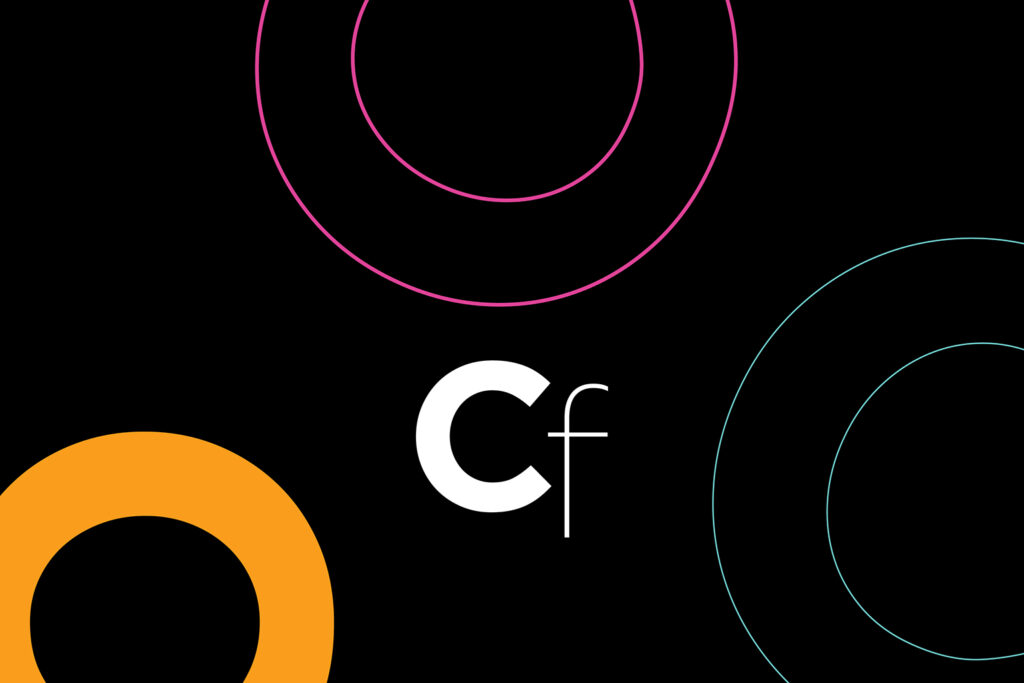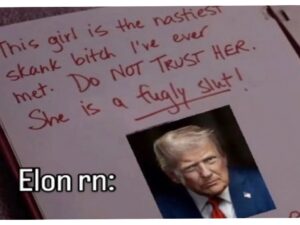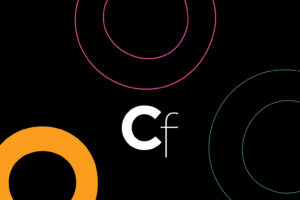UK Art Dealer Sentenced to 2.5 Years In Jail For Selling Art to Suspected Hezbollah Financier

A London art dealer was recently sentenced to two years and six months for failing to declare he sold artworks to a collector sanctioned by the US government since 2019 for giving money to Hezbollah, the Lebanese militant group.
Oghenochuko Ojiri was sentenced at the Central Criminal Court of England and Wales after pleading guilty in May to eight charges of failing to disclose potential terrorist financing. On May 8, he was charged by Metropolitan Police as “the first person to be charged with a specific offence under section 21A of the Terrorism Act 2000.”
The charges occurred after an investigation into terrorist financing by officers from the National Terrorist Financial Investigation Unit (NTFIU), part of the police department’s Counter Terrorism Command, in partnership with the Office of Financial Sanctions Implementation (OFSI) in His Majesty’s Treasury, His Majesty’s Revenue and Custom (the organization that regulates the art sector), and the Met’s Arts & Antiques Unit.
Justice Cheema-Grubb said Ojiri had been aware the works he had sold were going to Nazem Ahmad, who had been sanctioned in 2019 by the US authorities.
“These offenses are so severe that only a custodial sentence can be justified,” Cheema-Grubb said. “Your hard work, talent and charisma has brought you a great deal of success … you knew you should not have been dealing with that man.”
According to BBC News, Cheema-Grubb added that there was no evidence Ojiri supported any form of extremism but that his conduct undermined the detection of terrorist financing.
Barrister Gavin Irwin, who represented Ojiri, told BBC News the art dealer’s “humiliation is complete” through the loss of “his good name” and the “work he loves.”
“He’d like to apologize for undermining trust” in the art market, Irwin said, and called Ojiri naive.
In addition to owning a namesake gallery in East London, Ojiri appeared as an art expert on the BBC antiques show Bargain Hunt and other programs.
Ojiri’s motivation for the transactions with Ahmad appeared “to be financial along with a broader desire to boost his gallery’s reputation within the art market by dealing with such a well-known collector,” Bethan David, head of the CPS Counter Terrorism Division, told BBC News.
The evidence presented in court from UK law enforcement included a prepared statement from Ojiri that said “he had no reason to believe Ahmad was a terrorist and money launderer.” However, evidence later seized from Ojiri’s phone showed the art dealer had researched Ahmad’s identity and knew about the Lebanese-Belgian art collector being sanctioned by the US.
In addition from a warning from a colleague against doing business with Ahmad, Ojiri had saved Ahmad as ‘Moss Collector’ in his contacts to obscure his identity, and had received email and Instagram messages, reported BBC News.
Ahmad was also sanctioned in 2023 for violating and evading US sanctions through $440 million worth of imports and exports in art and diamonds, according to federal prosecutors. Eight others, including several of his family members, were also charged.
Police said Ojiri’s charges under the Terrorism Act 2000 are aimed at sending “a clear message” to the art world about the need for due diligence to ensure compliance with anti-money laundering and terrorist financing measures requiring the reporting of any suspicious transactions.







